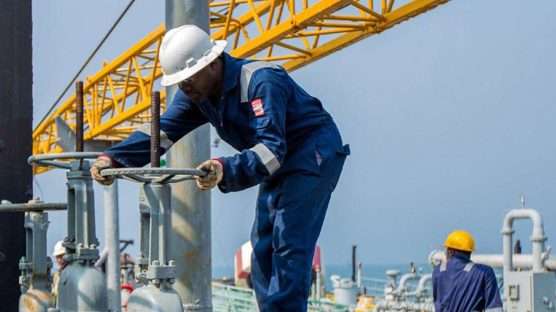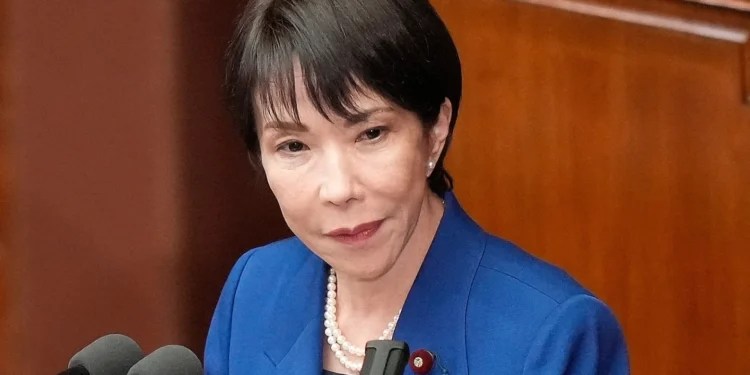The downstream petroleum sector in Ghana has increasingly become a cornerstone of the nation’s economic growth, with immense potential to drive industrialization, generate employment, and foster national development.
As Ghana continues to navigate its evolving economic landscape, this sector is emerging as a critical enabler of energy security, infrastructural expansion, and revenue generation, setting the stage for a transformative impact on the country’s broader economy.
Dr. Riverson Oppong, CEO of the Association of Oil Marketing Companies (AOMC), recently underscored the sector’s importance during a public address.
“My advice to the incoming president of Ghana is to harness all benefits the industry brings, reduce corruption to its barest minimum, and encourage a fair playground for oil and gas marketers,” he stated.
He further emphasized that addressing systemic inefficiencies and ensuring equity in market operations would be critical to unlocking the sector’s full potential.
Ghana’s downstream petroleum sector has made significant strides in refining petroleum products, primarily through the Tema Oil Refinery (TOR).
TOR remains one of the oldest refineries in West Africa and has played a central role in the domestic processing of crude oil into refined petroleum products. This has reduced Ghana’s dependency on foreign imports to some extent, ensuring a degree of energy security and stability.
However, TOR’s outdated infrastructure and periodic financial constraints have limited its refining capacity, necessitating the importation of significant volumes of refined petroleum products.
Dr. Oppong noted that Ghana’s refining capacity gap continues to create vulnerabilities in the supply chain, exposing the nation to fluctuations in global oil prices and foreign exchange volatility.
According to industry experts, the sector plays a pivotal role in supporting the national economy through energy security, taxation, and export revenue streams.
Unlocking Economic Opportunities

The downstream petroleum sector’s potential to drive economic growth extends beyond refining and distribution. Its contributions to tax revenues, infrastructural development, and employment creation have significant implications for Ghana’s broader economy.
According to data from the Ministry of Energy, the sector generates substantial government revenue through fuel levies, value-added tax (VAT), and corporate income taxes.
“The success of the downstream operations is integral to our daily lives and the economy at large; leaders must give it the needed attention and resolution it deserves.
“Together upstream and downstream operations can go a long way to improve our economic competitiveness.”
Dr. Riverson Oppong, CEO of the Association of Oil Marketing Companies (AOMC)
The growth of oil marketing companies (OMCs) in Ghana has expanded the reach of petroleum products to rural and urban areas alike, enhancing access to energy and improving living standards.
Ghana’s downstream petroleum sector also holds immense potential to position the country as a regional energy hub within West Africa.
With its strategic geographical location and a burgeoning energy sector, Ghana is well-placed to supply petroleum products to neighboring countries. This could strengthen regional integration and economic ties while boosting Ghana’s export revenues.
The downstream petroleum sector stands as a crucial pillar of Ghana’s economic architecture, with the potential to unlock new avenues for growth and development.
As efforts to modernize infrastructure, boost local refining capacity, and streamline regulations gain momentum, the sector could significantly enhance Ghana’s economic competitiveness on the global stage.
To achieve this vision, the government must work collaboratively with industry players, ensuring that the sector is equipped to meet emerging challenges while maximizing its contributions to national development.
Addressing inefficiencies, fostering innovation, and encouraging investment, Ghana can transform its downstream petroleum sector into a dynamic engine of growth, driving industrialization and securing energy needs for generations to come.
The downstream petroleum sector is indeed a game changer for Ghana’s economy. With continued investment, strategic policy development, and regional cooperation, Ghana is poised to capitalize on the opportunities this sector offers in the coming decades.
READ ALSO: Amb. Kheir Praises Bawumia’s Exemplary Leadership in Upholding Democracy























